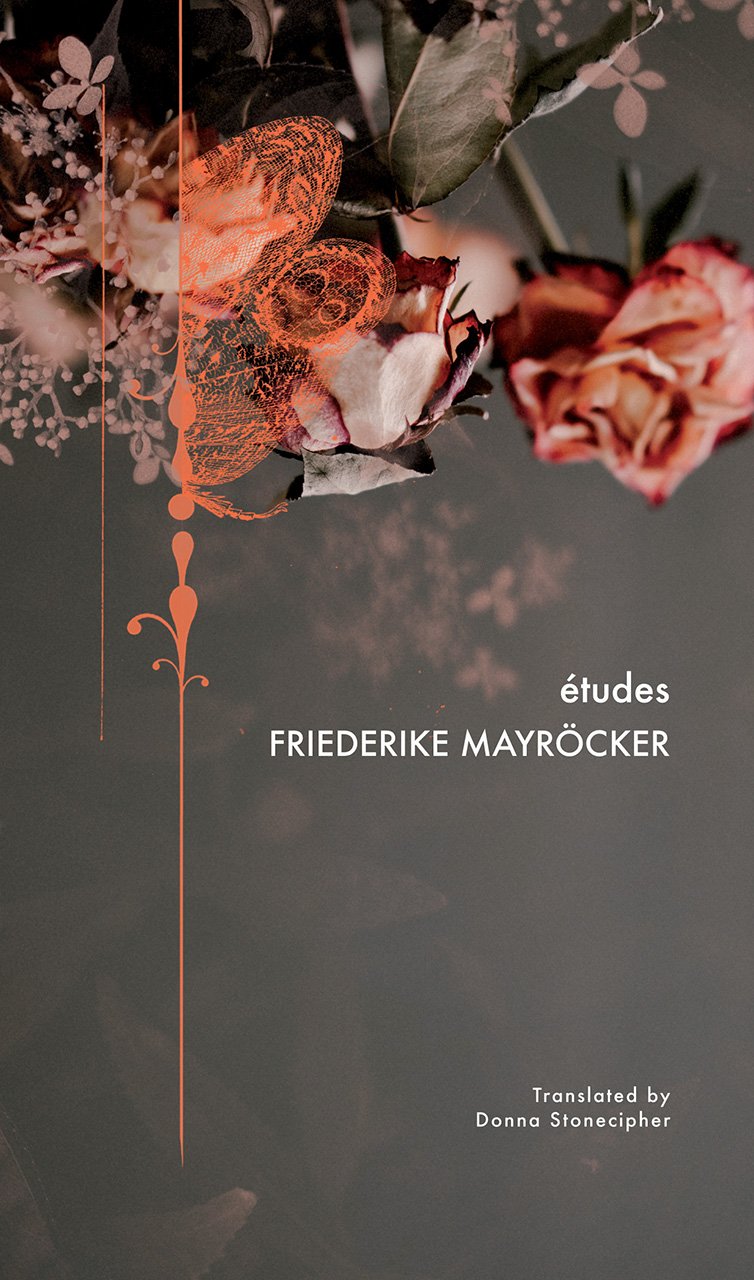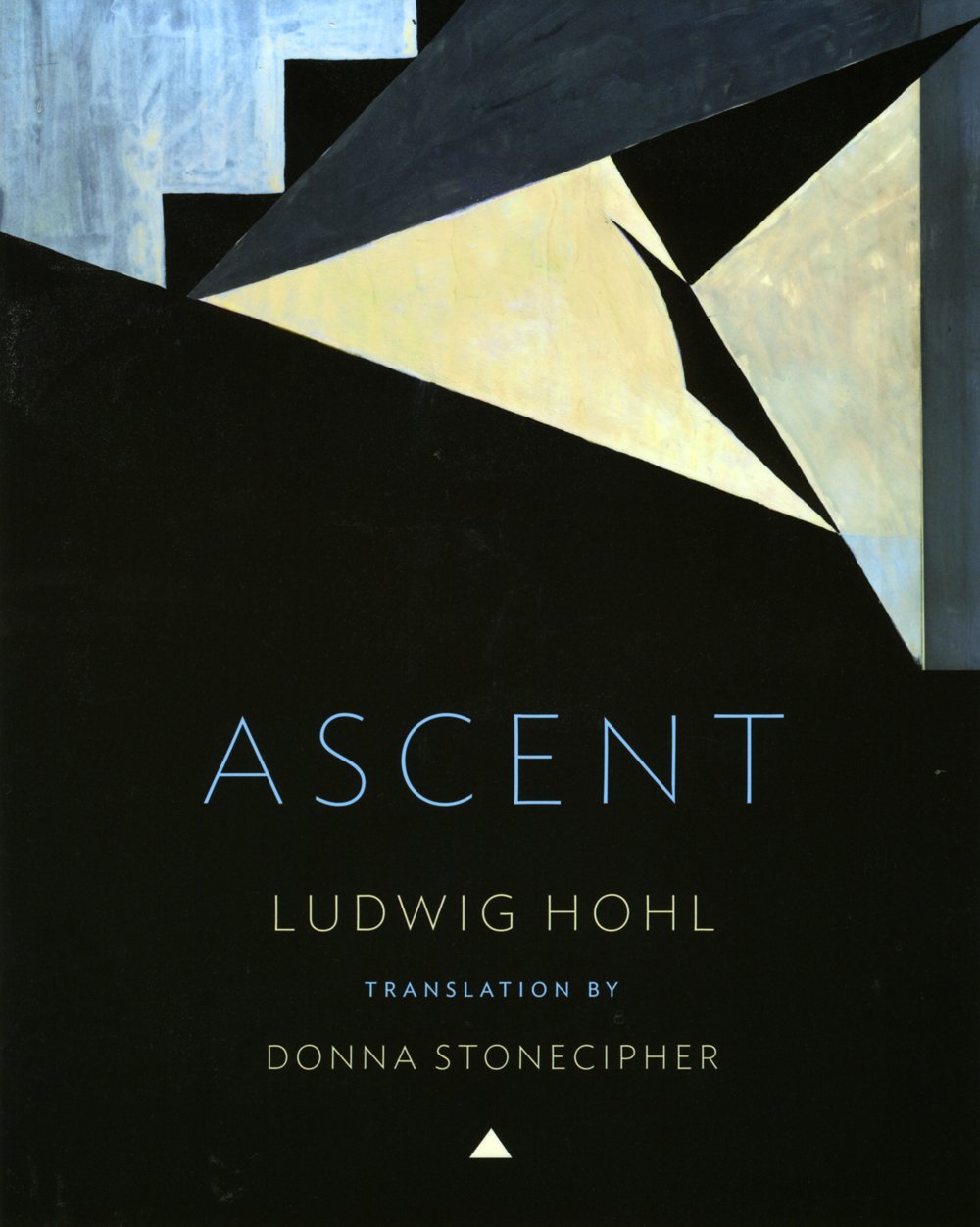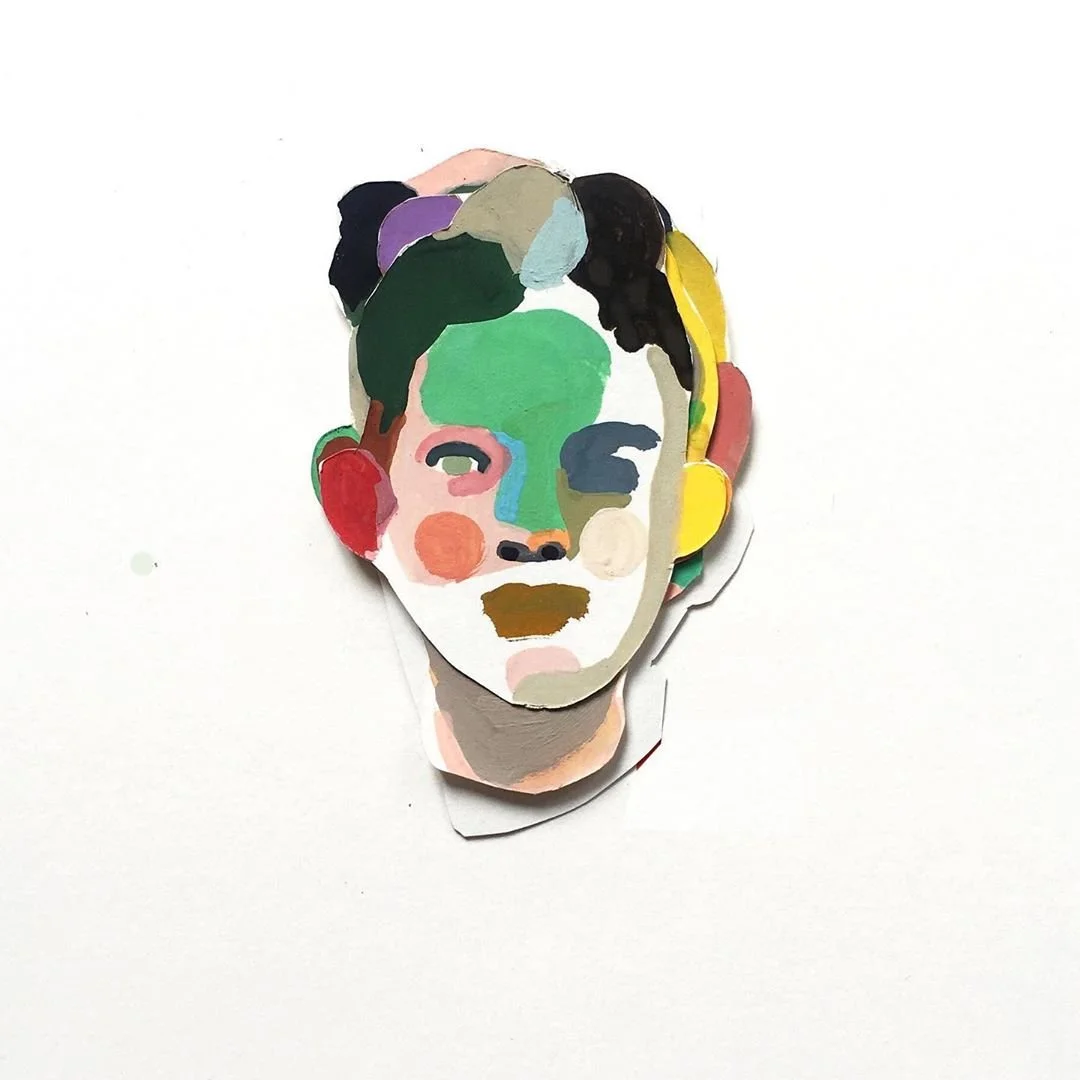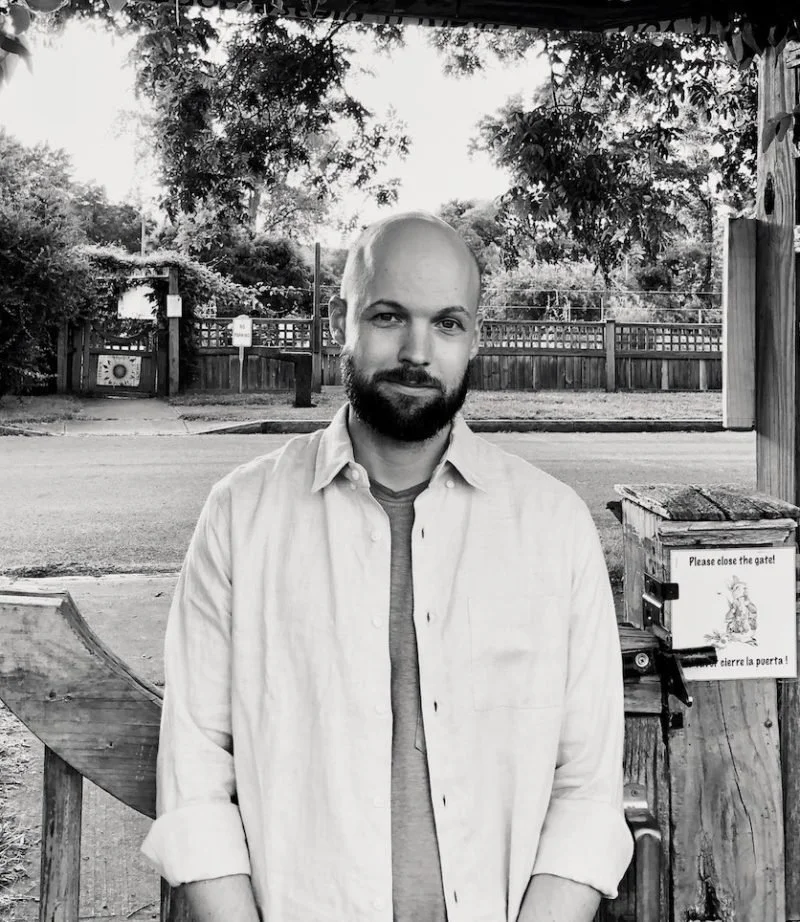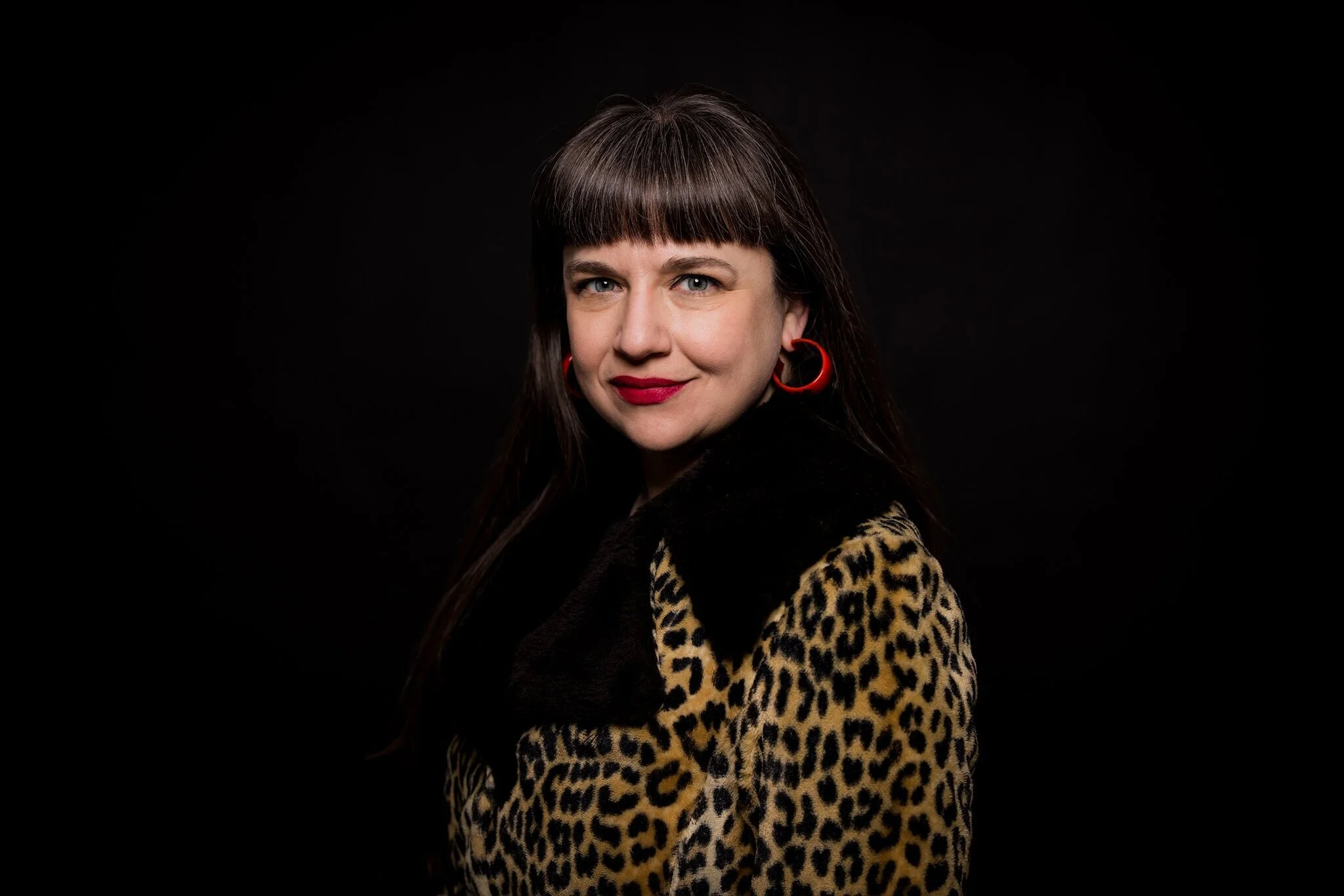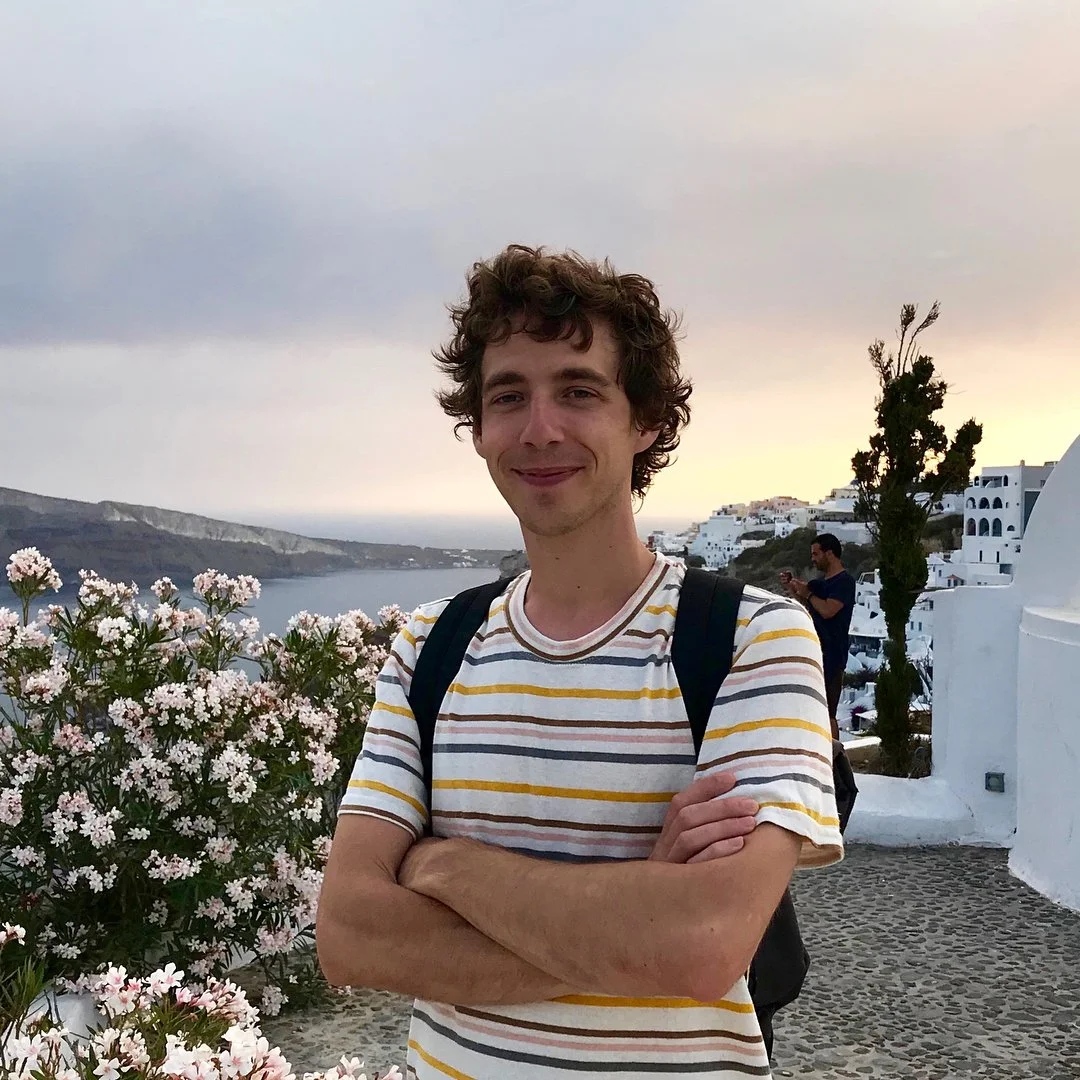
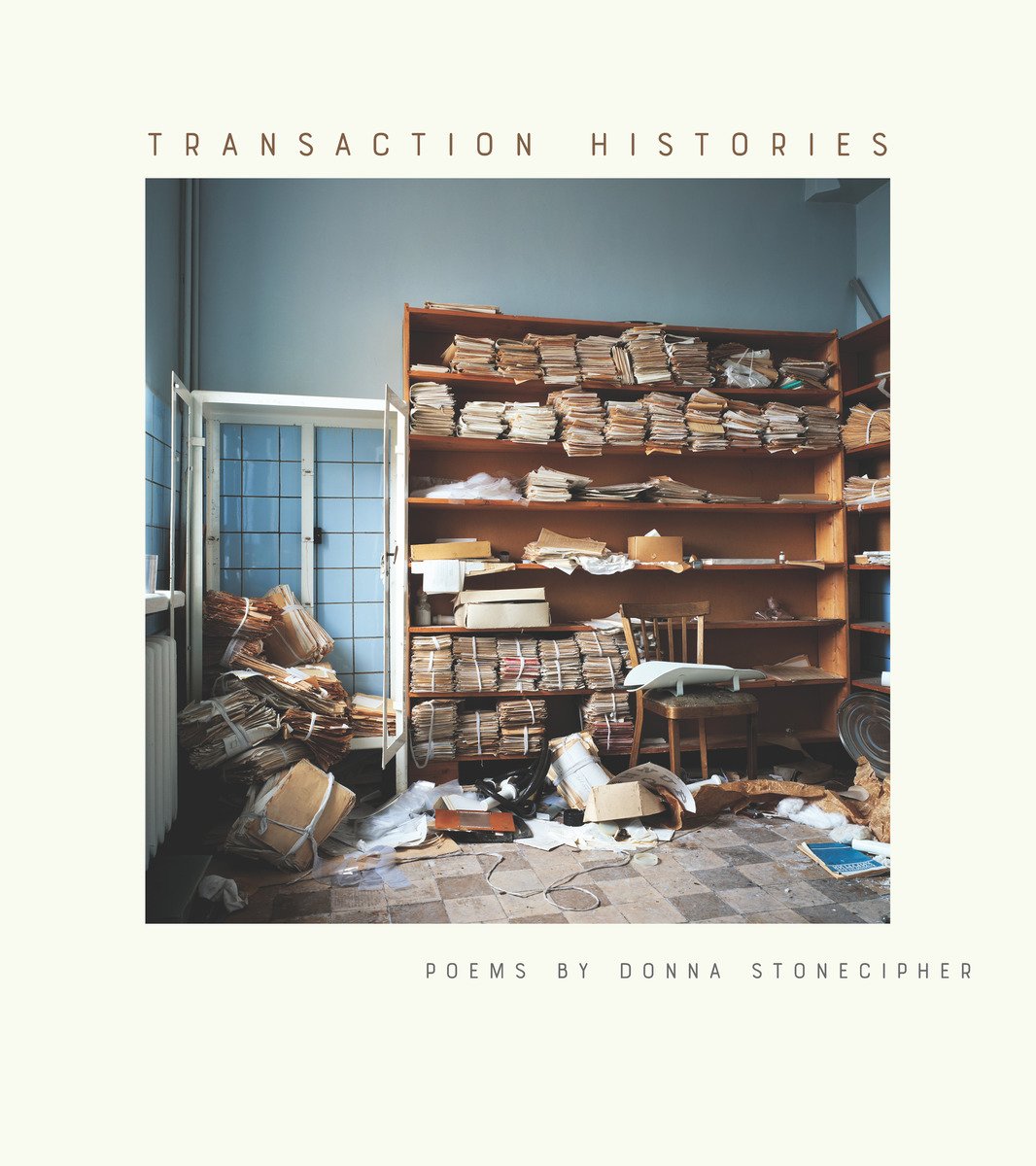
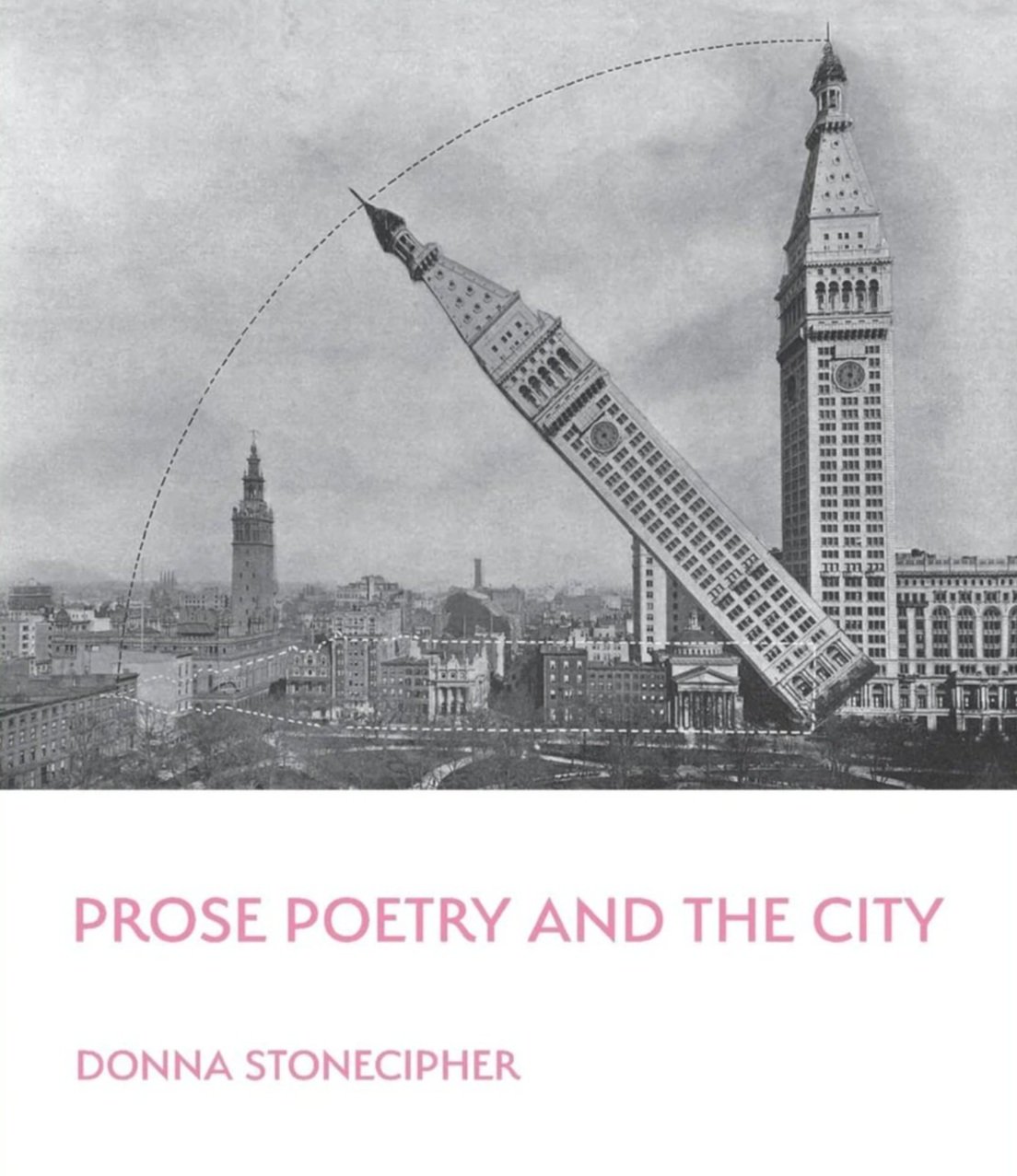
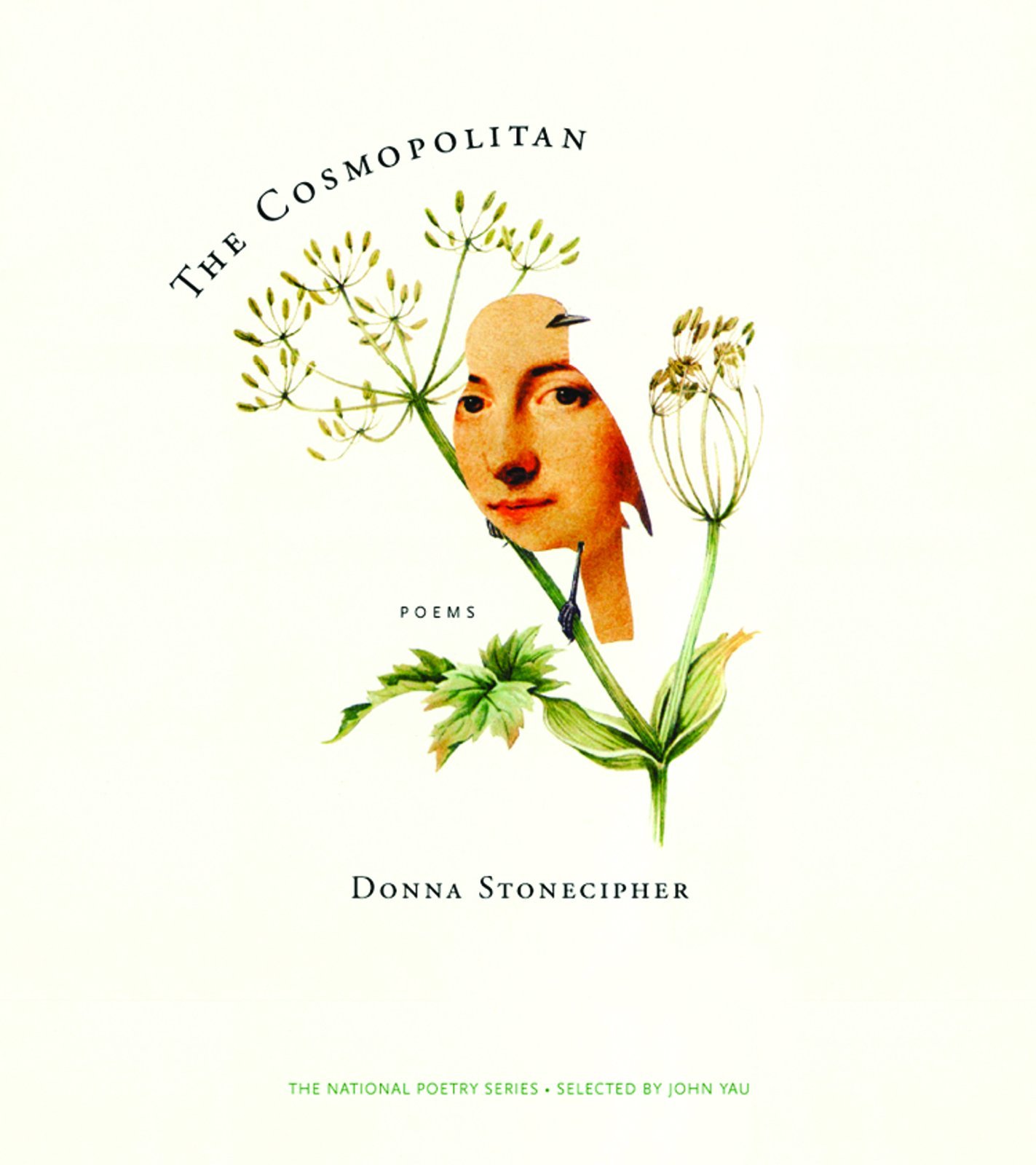
Donna Stonecipher is the author of five collections of poetry as well as her book on architectural/literary criticism Prose Poetry and the City. Along with her own work, she’s also provided multiple translations in both French and German.
Having lived in Seattle and Tehran and Prague (and residing in Berlin since 2004), Stonecipher’s work embodies the international. Every page feels like a response to place. Whether it’s a sequence of travels, or wanderlust in a new city, or discovering a nuance within the familiar, every poem and entry seems to be on the go.
Nomadic on the page, Stonecipher’s poetry (almost exclusively in prose blocks) blends architecture with the lyric, the narrative with the geographic. Meditative and metropolitan, her signature style is her own. I chatted with her via email about her poetry, her sense of location, her translations, nostalgia, and much more.
“Night was falling, and the people all sat quietly in their living rooms, wondering if the future had any candy in its purse.”
As an icebreaker, if you could describe the one piece of art nearest to you at this very moment. Not symbolically, but literally in the room.
Nearest to me is a framed assemblage of materials by Dada artist Hannah Höch. In the 1970s a fan cut out a newspaper clipping of a collage by Höch and sent it to her, requesting that she sign it; she did, returning it with a note. An ex-boyfriend of mine bought the signed clipping and note for me on the internet and had them framed. There’s something a bit Dada about it.
You are one of the masters of the prose poem and it's a form you've showcased since your debut collection. What's your history with the prose poem? How did you first find it / how did it find you, and what keeps you coming back?
Thank you for saying that. My first prose-poetry loves were Rosmarie Waldrop’s The Reproduction of Profiles, Lyn Hejinian’s My Life, and Mei-Mei Berssenbrugge’s The Heat Bird (not strictly prose poetry, but it moves very much like prose poems do), all of which I read in the summer of 1996 while I was living in Prague. I’m fascinated by architecture, and I think I discovered in the prose poem an architectural form that could serve as a kind of scaffolding for my thoughts in the way I wanted to arrange them. Free verse had always been too free for me, but writing sonnets or other classical forms didn’t appeal.
You have been living in Berlin for almost two decades. Are there still nuances and/or cultural differences that still throw you for a loop?
Oh yes, all the time. On the surface, German culture can appear very similar to American culture, but the longer I live here the more foreign Germany feels. It’s like I keep expecting it to yield to something I recognize, but it refuses to. I find that refusal invigorating but, over time, it can also be tiring. An American friend describes living in Germany as like driving a car with the parking brake on, and that’s pretty accurate. (Even though I don’t drive in Germany at all—which actually illustrates the point that I am never quite myself here, since I got my US license on my sixteenth birthday and my American self has always been a driver.)
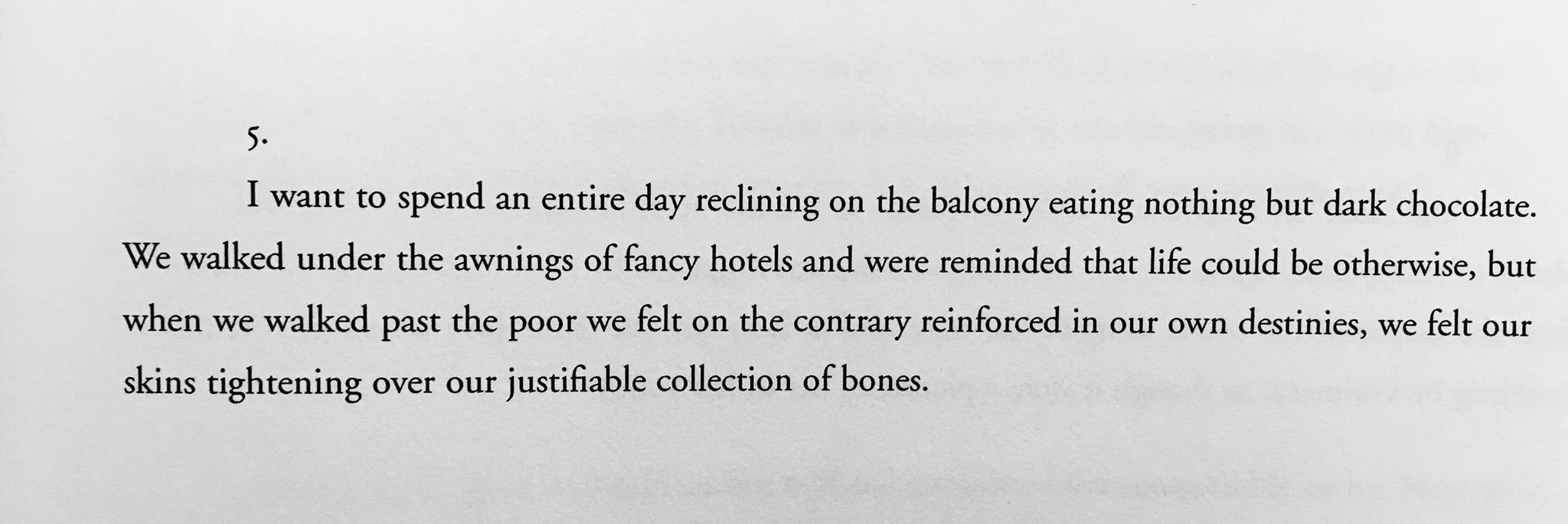

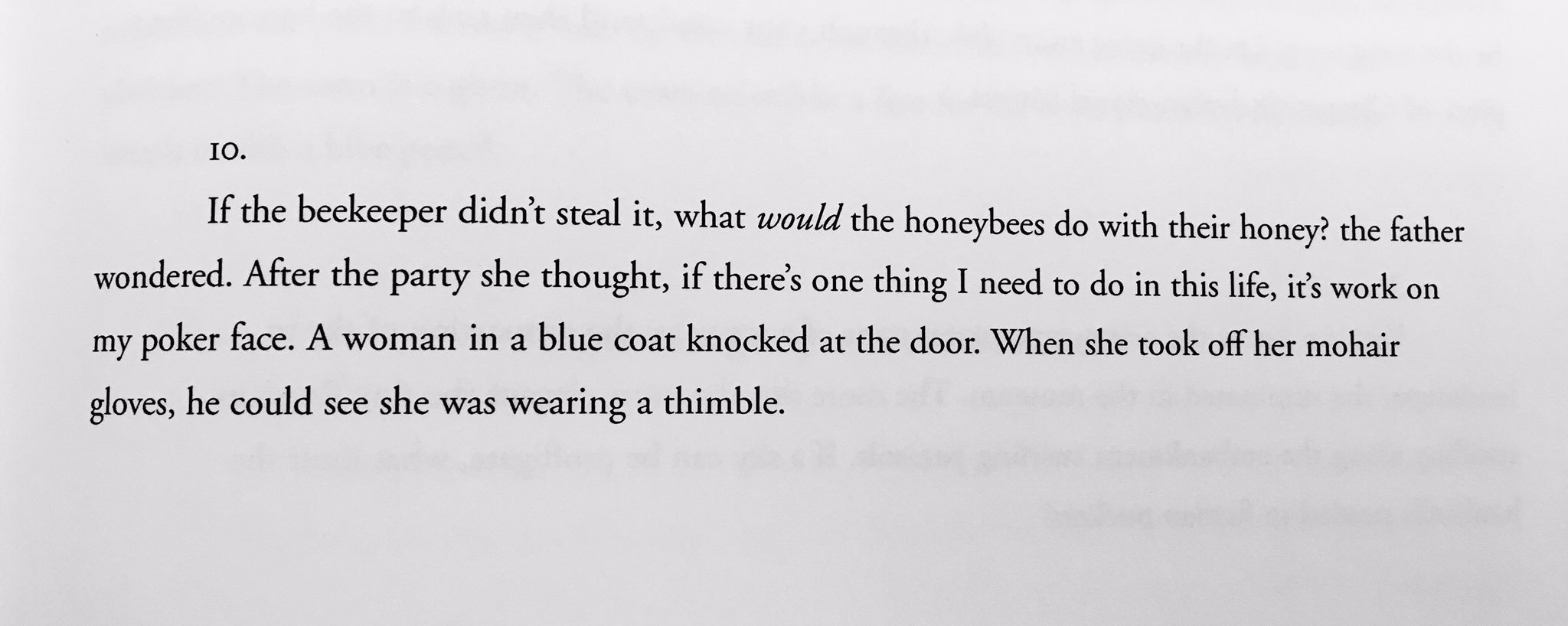
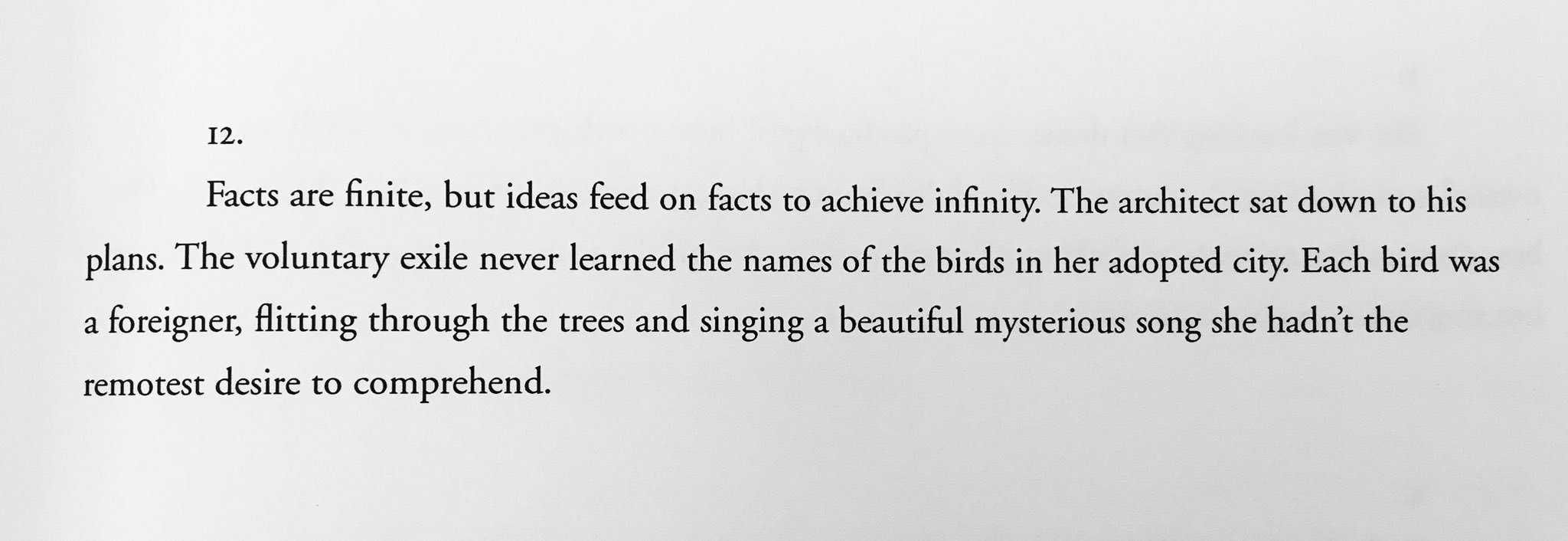
Covid aside, do you often return to the States? When's the last time you've been back?
I do. My entire family still lives in Seattle, and I visit them as often as I can. I was back in the spring, helping my mom after a fall. I find living with my heart in two places only gets harder as time goes on. You’d think it would get easier.
How do you find that travel and location/geography influences your writing?
I’m always writing about place. But for the first time in my adult life, I’ve been writing poems about my hometown, Seattle. Those poems are in my manuscript The Ruins of Nostalgia. Nostalgia originally meant homesickness, and was invented by a Swiss medical student in 1688 to diagnose ailing mercenary soldiers. Only later did it come to mean a longing for something in the past. In my own perverse way, I started getting homesick long after I left my hometown.
Have you had trouble reading/writing recently (as a result of the pandemic or otherwise) or have you been able to use this isolation time to your advantage?
I had just embarked on a book about architectural ornament when the pandemic hit, and luckily the main object of research was Berlin façades. So during the “lockdowns,” when going out for daily walks was all we were allowed to do, I was able to continue that work. That was a lucky stroke. And it kept me engaged with the city, since so much of what I love about living here was shut down. I know everyone’s having trouble reading, but I do okay, I think partly because I don’t own a smartphone. I’m as addicted to the internet as anyone, but I have clear zones even in my tiny apartment where internet is not allowed, and that helps. I’m pretty much only reading prose these days—mostly about architecture, or Berlin, or architecture in Berlin. But some recent non-architecture-related favorite prose books were Brian Blanchfield’s Proxies, Renee Gladman’s Calamities, and Karla Kelsey’s Of Sphere.
In other words, what are you currently working on?
The book about architectural ornament. Over half of Berlin’s pre–World War I façades have had their ornament removed, and I got a bit obsessed with the story of why that is so. I’ve been mostly keeping it to myself because I’ve never written anything like this before and I’ve wanted to make the lion’s share of my mistakes in private, but I’m eager to share it with the world. Hopefully that will be possible soon.
Along with writing, you are also fascinated by architecture and art. Any recent fixations or focuses at the moment?
At the moment I’m thinking about William Morris because I just visited his house, Kelmscott Manor, in England. He is the source of one of my favorite quotes: “Apart from the desire to produce beautiful things, the leading passion of my life has been and is hatred of modern civilization.” I feel that way about Big Tech.
In regards to translating, are there any writers you're working with at the moment?
I’m translating a trilogy by the late Austrian poet Friederike Mayröcker. She's currently the only poet I'm translating. I love her so much.
In a parallel universe, could you see yourself as an architect or a painter or another discipline? Or has it always been writing and poetry for you?
Growing up, I was a voracious reader in a house with no books and I started writing poetry thanks to a brilliant public schoolteacher who taught us haiku when I was 11. But if I could go back and do it again, I would definitely become an art historian. A friend of mine who’s an art historian wrote her dissertation on (paper) letters that appear in Renaissance paintings, and that kind of nerdy, obsessive work is my cup of tea. Plus, I really like being in museums, which are one of the few spaces in the public sphere that mandate quiet contemplation, that invite reverie. Yes, I’d have become an art historian, and written poems on the side.
Outside of your own art and writing, what albums/artists/plays/films have captivated you in recent months?
I’m currently trying to redress my egregious lack of Wagner knowledge, and a few days ago I went to see his opera Lohengrin, which sparked a swan craze in mid-nineteenth-century Germany. I had been listening to the opera on Youtube for a month beforehand to prepare, and I’d memorized the plot, but nothing could ready me for the overwhelming experience of being there in person. As for art, I loved Hito Steyerl’s recent three-channel video piece about Balenciaga. I love everything she does! Her mind is a marvel.
If you can, provide a photo of your workspace. What are some essentials while you create?
The only essentials are quiet and enough light. I like to write poems in bed, but other things at my desk.
For this ongoing author interview series, I'm asking for everyone to present a writing prompt. It can be as abstract or as concrete as you choose.
My prompt is: follow an obsession, even if it seems like folly.
In closing, do you have any advice for early writers? Or rather, what's something you would have liked to have known when you first started taking your writing seriously?
I would have liked to have known that there many aspects to having a poetry “career” that are not and will never be easy. When I was young, I thought it was just about the writing, which came easily and joyfully to me. I would have more actively sought out mentors. I grew up in a working-class family, and I imagine navigating the literary world would have been easier if I’d had more advice from people who had been through it before me.
Any final thoughts / words of wisdom / shout-outs? Thank you!
Well, a thanks to you, Ben, for these questions, and also for your appetite for contemporary work and your generosity in thinking about it and inviting us to reflect on it.



